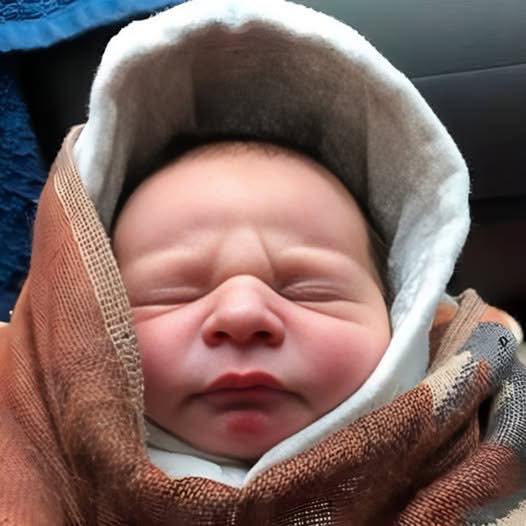At the Centre Hospitalier Universitaire of Saint-Étienne, doctors confirmed the baby was stable and recovering from hypothermia. Social services were immediately notified to ensure her safety and plan for her ongoing care. The child showed no signs of serious distress—only the trauma of her cold, solitary entry into the world.
Back at the apartment, police sealed off the trash room as forensics officers documented the scene. Investigators opened an inquiry to identify who had left the newborn, appealing to residents and passersby for any clues or suspicious activity that night. Authorities emphasized that information could be shared confidentially, and that the top priority was the infant’s safety.
In the days that followed, a mix of horror and gratitude swept through the building. “I never imagined something like this could happen here,” one resident shared anonymously. “We all felt helpless at first, but seeing the medics and firefighters respond so quickly gave us hope. That little girl wouldn’t have made it much longer.”
Child welfare organizations praised the community’s swift action and the coordination between residents and emergency responders. They also used the opportunity to highlight France’s accouchement sous X laws and safe-haven programs that allow parents in crisis to safely and anonymously relinquish newborns at hospitals without facing legal punishment.
As the investigation continues, the infant remains in the care of medical professionals and social workers. Her name, her future, and her story are still unfolding—but thanks to a few alert neighbors and the fast response of first responders, she was given a fighting chance.
This haunting yet hopeful episode stands as a reminder of life’s fragility—and of the strength of a community that refused to ignore a cry in the dark.

